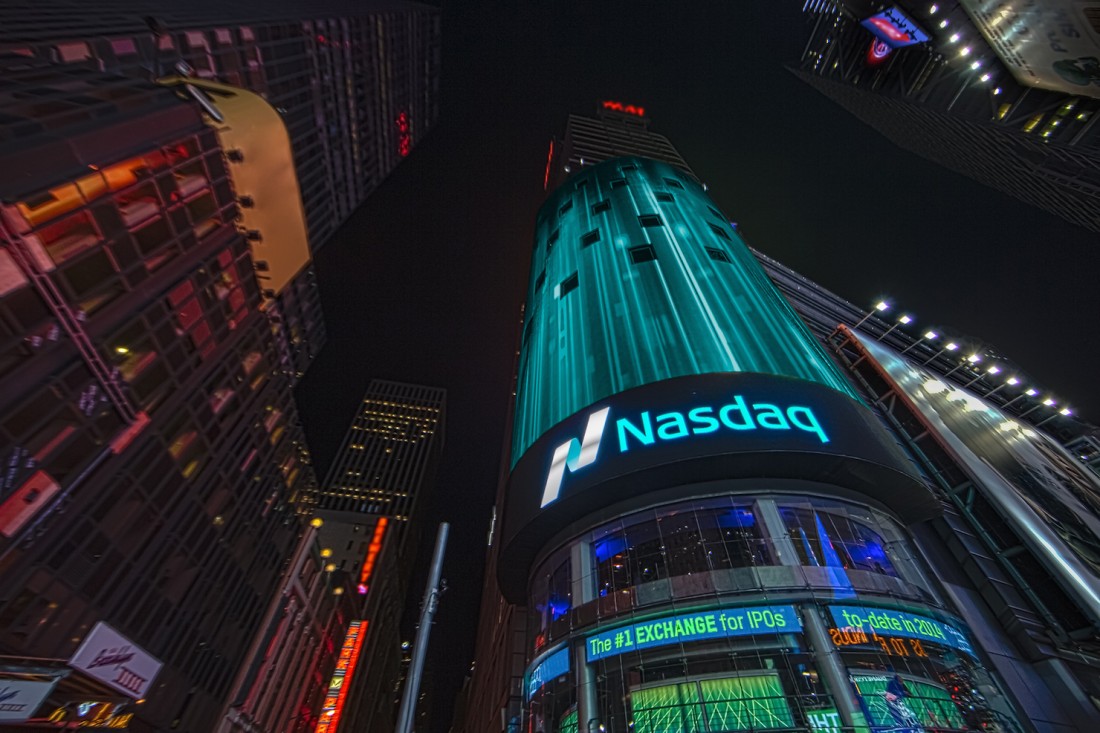
Syndax Cuts Price But Bags $53M in Second IPO Try
Print
03 March 2016
Ben Fidler / Xconomy
 Over the past year, Syndax Pharmaceuticals has altered its strategic course and hired new management to implement it. And it looks like that change was big enough to propel Waltham, MA-based Syndax through the IPO queue on its second attempt since late 2014—albeit not on the terms the company had hoped for.
Over the past year, Syndax Pharmaceuticals has altered its strategic course and hired new management to implement it. And it looks like that change was big enough to propel Waltham, MA-based Syndax through the IPO queue on its second attempt since late 2014—albeit not on the terms the company had hoped for.
Syndax sold 4.4 million shares at $12 apiece, raising $52.8 million in its IPO. Those numbers are short of Syndax’s projections—the company aimed to sell the same number of shares at $14 and $16 apiece. Still, Syndax will begin trading on the Nasdaq tomorrow under the ticker symbol “SNDX,” and make its debut as a different company than the one that first proposed an IPO in March 2014.
When it first filed for that offering, Syndax had aimed to use much of its IPO cash to fund a late-stage study of entinostat, a drug it was originally developing largely as a breast cancer treatment. Entinostat is a selective inhibitor of histone deacetylases, or HDACs, a class of enzymes involved in regulating gene expression. Syndax’s plan has been to use the drug as an add-on to hormone therapy for breast cancer patients.
That plan is still in place—a Phase 3 trial is underway and expected to produce data next year—but Syndax has since pivoted to also try to get in on the crowded field of cancer immunotherapy. The thinking goes that entinostat might boost the effectiveness of certain types of “checkpoint inhibitor” cancer drugs. Though these drugs, like nivolumab (Opdivo) and pembrolizumab (Keytruda) have started to change cancer care, they still don’t work for many patients.
As former CEO Arlene Morris told me in 2015, Syndax found in preclinical tests that entinostat appears to have an effect on two types of cells—regulatory T cells and myeloid derived suppressor cells—known to suppress the immune system’s response to cancer. Syndax aimed to harness that ability and combine it with checkpoint drugs, which also help the immune system battle cancer.
This is competitive ground, of course. A slew of combination trials have begun over the past few years, with several biotechs pairing their drugs with checkpoint inhibitors and hoping for standout results.
Still, Syndax made a number of moves to support immunotherapy as its focus. It cut a partnership deal with Kyowa Hakko Kirin in January 2015 to get some cash, pulled its IPO, and subsequently inked three different combination trial pacts with Merck, Genentech, and Merck KGaA and Pfizer. Through each of those agreements, Syndax is pairing entinostat with a different checkpoint inhibitor and testing the combination in cancer patients.
Syndax then brought in a new management team, replacing Morris with former AstraZeneca chief medical officer Briggs Morrison. Michael Metzger, formerly of now-defunct Regado Biosciences, was named Syndax’s president and chief operating officer. The company then raised an $80 million Series C round in August, adding investors like Fidelity Management & Research to help carry out the new plan.
The strategic shift is apparent in Syndax’s latest IPO prospectus, which describes entinostat as a potential “combination therapy in multiple cancer[s],” rather than the therapy for “treatment resistant cancers” it was called in Syndax’s 2014 IPO filing. Combination trials with Merck’s pembrolizumab and Genentech’s atezolizumab should produce results this year.
As was the case in 2014, Domain Associates and MPM Capital are Syndax’s top shareholders—they owned 19.6 percent and 16.7 percent of the company, respectively, before the IPO. But Fidelity Management & Research (11.6 percent) and BlackRock (5.5 percent) are now part of its shareholder base as well, thanks to its last financing round. The company has raised $185.8 million in equity and convertible debt since its inception in 2005, and has burned through about $260 million in the process, according to the IPO prospectus.
This is the fifth biotech IPO so far in 2016, meanwhile, and the third so far for a Boston-area biotech, following Editas Medicine (NASDAQ: EDIT) and Proteostasis Therapeutics (NASDAQ: PTI). It’s been a mixed performance for the others. AveXis (NASDAQ: AVXS), Editas, and BeiGene (NASDAQ: BGNE) each trade at or above their IPO prices, while Proteostasis is under its initial offering price.
All Portfolio
MEDIA CENTER
-
The RMI group has completed sertain projects
The RMI Group has exited from the capital of portfolio companies:
Marinus Pharmaceuticals, Inc.,
Syndax Pharmaceuticals, Inc.,
Atea Pharmaceuticals, Inc.

